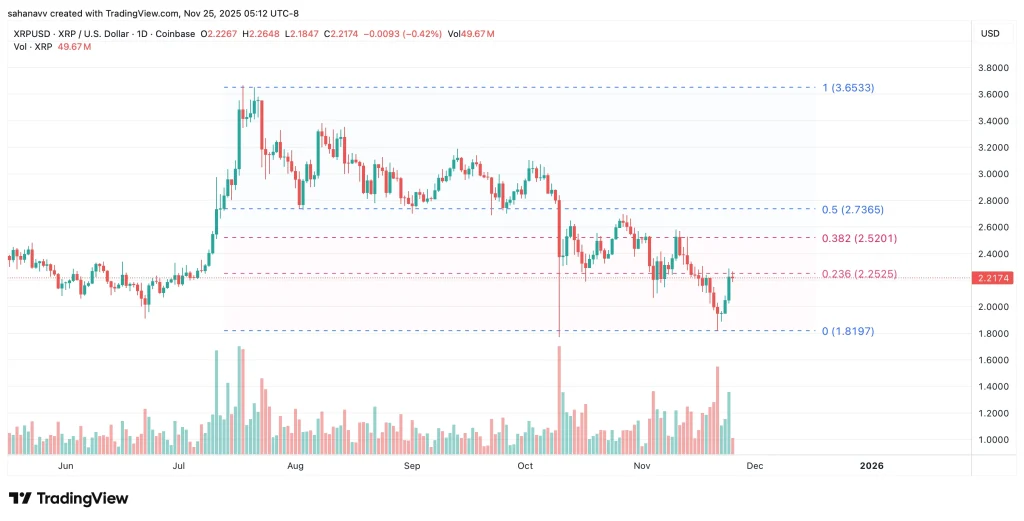The cryptocurrency world, while exciting and innovative, unfortunately also attracts nefarious actors. A recent, truly alarming Bitcoin scam has sent ripples through the community, serving as a stark reminder of the ever-present dangers. This incident saw a staggering $91 million in Bitcoin vanish, orchestrated by fraudsters employing sophisticated social engineering tactics. It’s a wake-up call for every crypto holder.
What Happened in This Massive Bitcoin Scam?
Blockchain security expert ZachXBT recently brought this devastating Bitcoin scam to light on X. On August 19, a victim lost 783 BTC, valued at approximately $91 million at the time, to a cunning social engineering attack. The perpetrators didn’t use advanced hacking tools; instead, they exploited trust.
These scammers meticulously posed as legitimate support staff from both a cryptocurrency exchange and a hardware wallet provider. Their goal was clear: to trick the victim into revealing crucial access information. This highlights a critical vulnerability in personal security protocols, not just technological ones.
The Deceptive Tactics: How Social Engineering Works to Fuel a Bitcoin Scam
Social engineering is a manipulation technique designed to trick individuals into divulging confidential information. In this Bitcoin scam, the fraudsters likely used a combination of:
- Impersonation: Pretending to be a trusted entity, like your exchange or hardware wallet support.
- Urgency: Creating a false sense of emergency to pressure the victim into acting quickly without thinking.
- Trust Exploitation: Building rapport and gaining confidence to make their requests seem legitimate.
These tactics are incredibly effective because they target human psychology rather than system vulnerabilities. It’s a stark reminder that even the most secure hardware can’t protect against human error.
Tracing the Stolen Funds: The Role of Wasabi Wallet in This Bitcoin Scam
Following the successful execution of the Bitcoin scam, the stolen funds were reportedly funneled through Wasabi Wallet. Wasabi Wallet is known for its privacy features, particularly its CoinJoin implementation, which mixes transactions from multiple users to obscure the origin and destination of funds.
While Wasabi Wallet provides enhanced privacy for legitimate users, it unfortunately also makes it more challenging for investigators to trace illicit funds. This incident underscores the ongoing cat-and-mouse game between privacy tools and law enforcement’s efforts to combat financial crime within the crypto space.
Protecting Yourself from a Bitcoin Scam: Actionable Insights
Given the increasing sophistication of these attacks, vigilance is paramount. Here are essential steps to safeguard your assets and avoid falling victim to a Bitcoin scam:
- Verify Everything: Always independently verify the identity of anyone claiming to be support. Use official channels only – never click links from unsolicited emails or messages.
- Never Share Private Keys or Seed Phrases: Legitimate support will NEVER ask for your private keys, seed phrase, or full password. These are the keys to your kingdom.
- Enable Two-Factor Authentication (2FA): Use 2FA on all your crypto accounts. Hardware-based 2FA (like YubiKey) is generally more secure than SMS-based 2FA.
- Be Skeptical of Urgency: Scammers often create a sense of urgency. Take a deep breath, verify, and don’t rush into decisions.
- Educate Yourself: Stay informed about common scam tactics. Knowledge is your best defense against a Bitcoin scam.
This $91 million Bitcoin scam serves as a powerful, albeit painful, lesson for the entire cryptocurrency community. It’s a vivid demonstration that even experienced users can become targets. While blockchain technology itself offers robust security, the human element remains the weakest link. By understanding the methods of these fraudsters and adopting rigorous security practices, we can collectively build a more resilient and safer crypto ecosystem. Stay alert, stay secure, and protect your digital wealth.
Frequently Asked Questions About Crypto Scams
- Q: What is social engineering in the context of a Bitcoin scam?
A: Social engineering is a manipulation tactic where scammers trick individuals into revealing sensitive information, like login credentials or private keys, by impersonating trusted entities (e.g., exchange support) or creating deceptive scenarios. - Q: How can I verify if a support message from an exchange or wallet provider is legitimate?
A: Always go directly to the official website of your exchange or wallet provider. Use their official contact methods (phone numbers, support portals) listed on their site. Never rely on links or contact information provided in unsolicited emails or messages. - Q: Why do scammers use privacy-focused wallets like Wasabi Wallet?
A: Privacy-focused wallets utilize features like CoinJoin to mix transactions, making it significantly harder to trace the flow of funds. This helps scammers obscure the origin and destination of stolen cryptocurrency, complicating investigations. - Q: What are the absolute essentials for protecting my Bitcoin from scams?
A: The essentials include never sharing your private keys or seed phrase, enabling strong Two-Factor Authentication (2FA) on all accounts, being skeptical of unsolicited communications, and independently verifying all support requests. - Q: Is hardware wallet protection enough to prevent a Bitcoin scam?
A: While hardware wallets offer excellent security for storing your crypto offline, they cannot protect against social engineering. If you are tricked into approving a transaction or revealing your seed phrase, even a hardware wallet cannot prevent the loss of funds.
The fight against crypto scams requires a collective effort. If you found this article insightful and believe it can help others stay safe, please consider sharing it on your social media platforms. Together, we can raise awareness and protect our community from financial predators. Spread the word!
To learn more about the latest Bitcoin scam prevention strategies, explore our article on key developments shaping Bitcoin security best practices.




